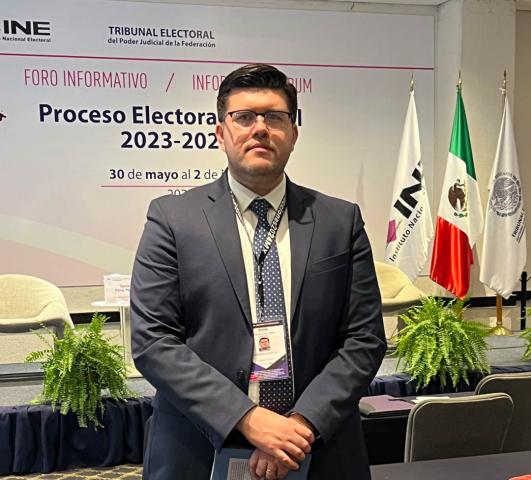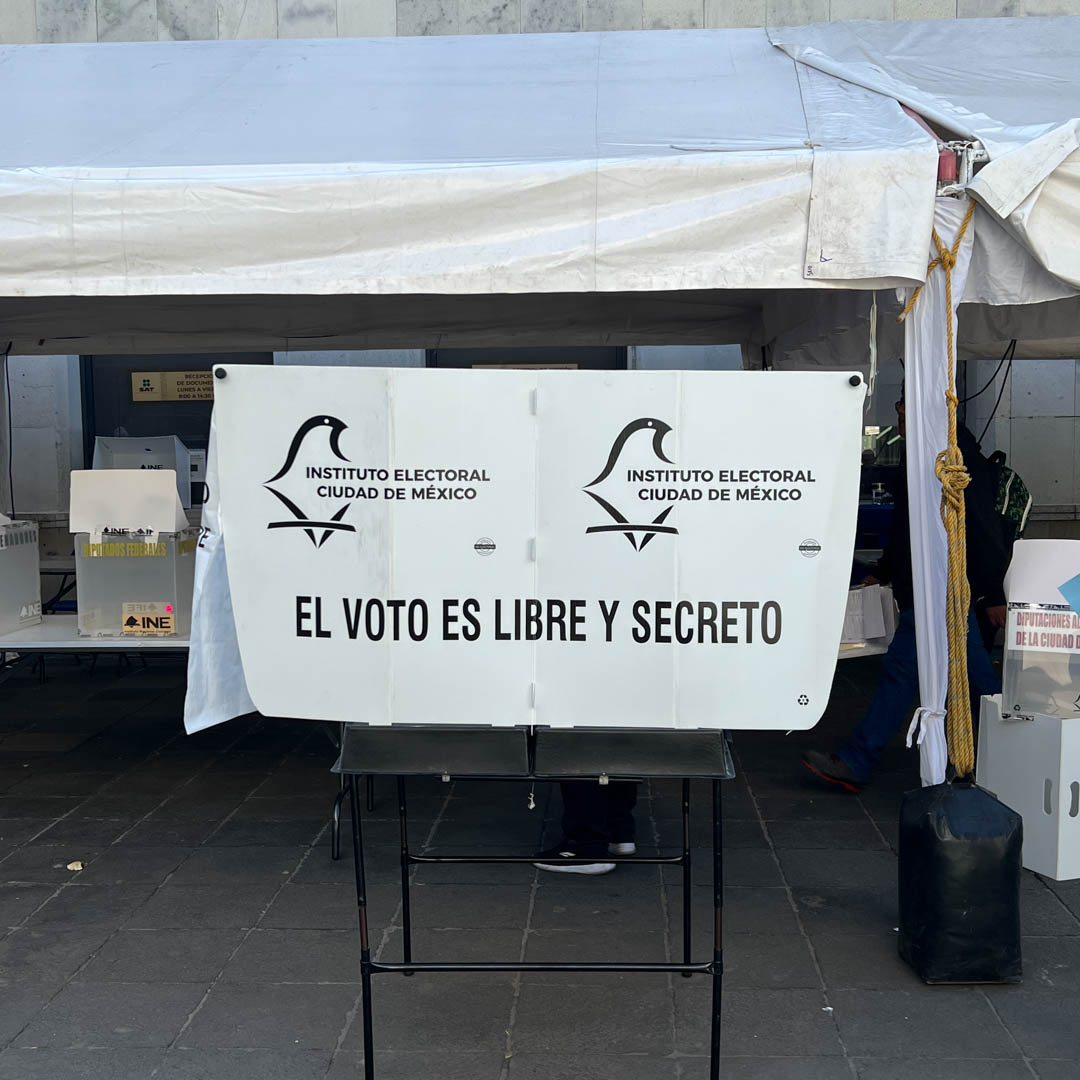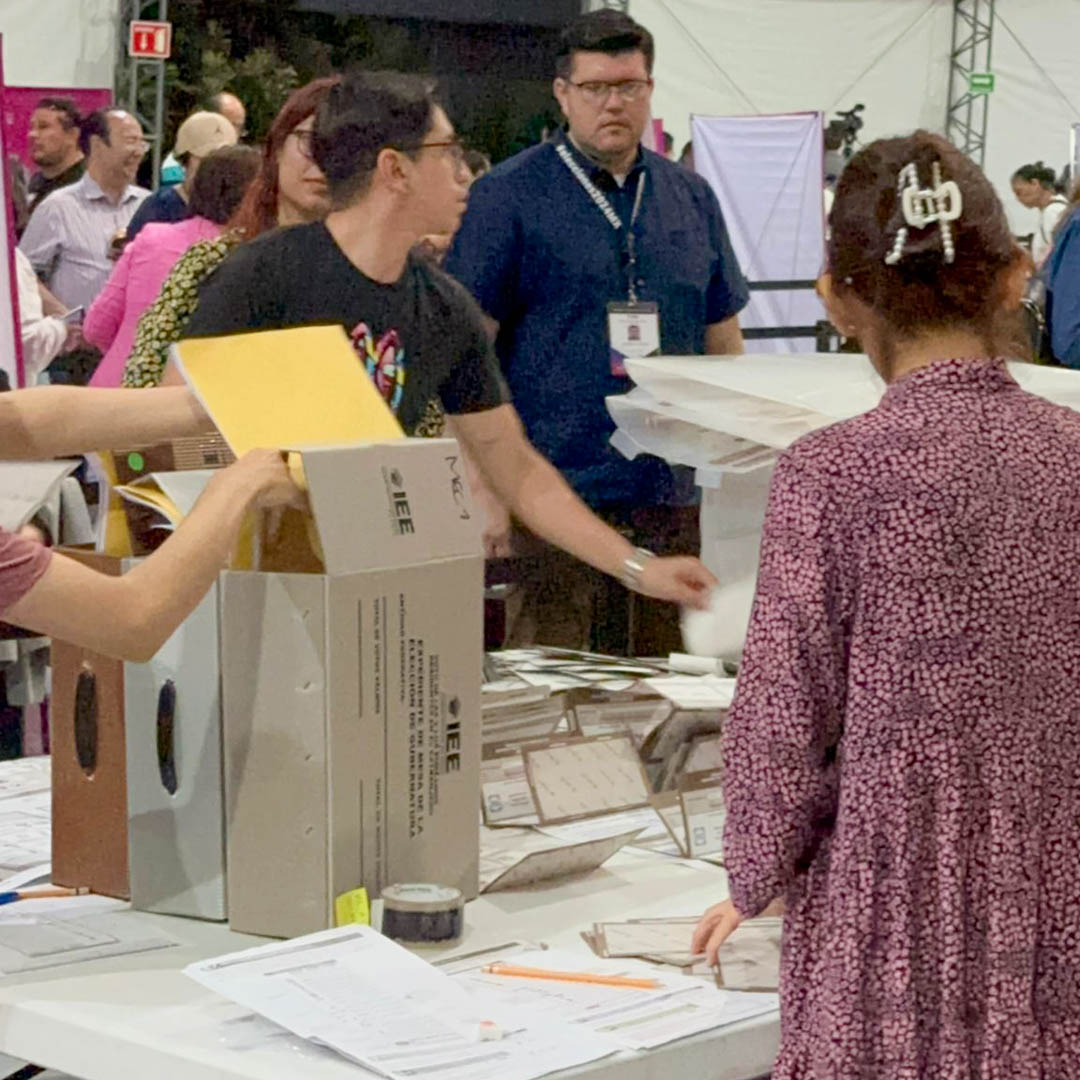
Antonio Ugues Jr., associate professor of political science and public policy and director of the Center for the Study of Democracy, recently returned from Mexico City where he served as an accredited foreign visitor for the 2023-2024 Mexican electoral process. In this role, Ugues took part in election observation and met with officials from Mexico's electoral authorities, as well as candidates for office and political party representatives.

The election, held on June 2, 2024, featured contests for the presidency, all 500 seats in the Chamber of Deputies (Mexico's lower house of Congress), 128 senate seats and gubernatorial and state-level elections in nine of Mexico's 32 states. The election was particularly significant since voters elected the country's first female president, Claudia Scheinbaum. According to a rapid count by the country's electoral authority, Scheinbaum received between 58.3% and 60.7% of the vote whereas the runner-up, Xóchitl Gálvez, received between 26.6% and 28.6% of the vote, a difference of at least 30 percentage points. President-elect Scheinbaum's party (MORENA, the National Regeneration Movement) also fared well, winning majorities in both chambers of Mexico's congress, and a majority of the country's 32 governorships.

While the election results signaled a definitive victory for MORENA and the popularity of outgoing President Andrés Manuel López Orbador, the contests were held against the backdrop of intense political violence (this was the country's most violent election on record with 37 candidates killed) and concerns over democratic backsliding (a deliberate and significant deterioration in the quality of democracy). There are also concerns over the influence that President López Obrador will continue to exert over President-elect Scheinbaum, since she was his handpicked successor. According to Professor Ugues, "the outcome of these elections will have far-reaching consequences for the future of Mexico and its democracy."
Professor Ugues, a scholar of Mexican politics, plans to share the insights he gained from this experience with his students and to help guide his research on democracy and elections. He hopes that he can inspire students to explore the dynamics of democracy across the world.


